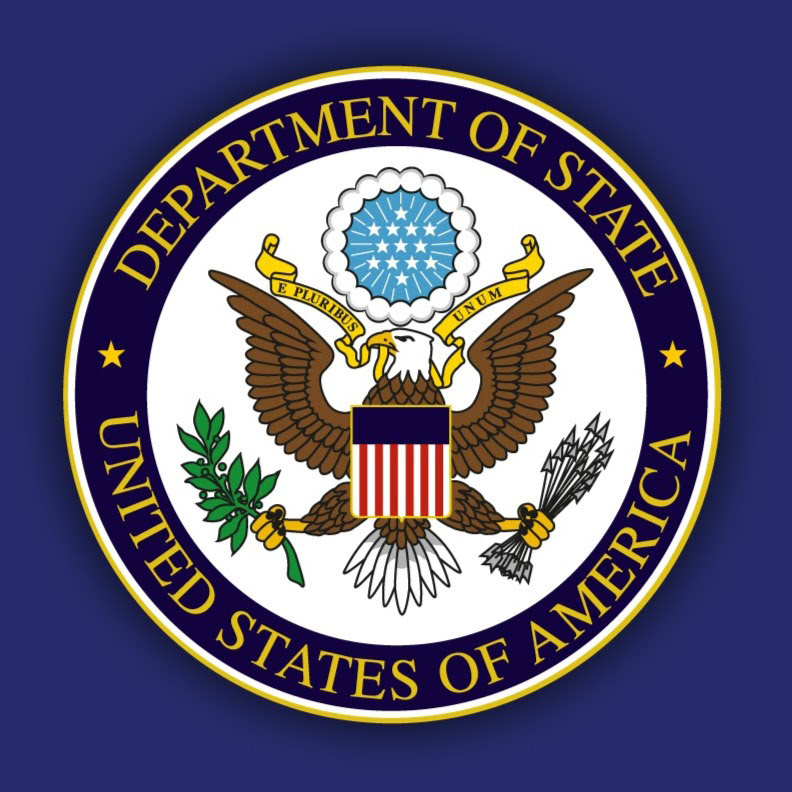US concerned about NKorean activities
Kathmandu, June 14
Amidst reports of growing activities of North Koreans in Nepal, Mark Lambert, special US envoy for North Korea, has asked the Nepal government and politicians not to entertain North Koreans in the country, stating that Nepal as a member of the United Nations should respect the decision taken by the global body to impose sanctions on the country.
Lambert, who is on a three-day visit to Nepal, made this appeal to lawmakers, senior government officials and ruling Nepal Communist Party (NCP) Co-chair Pushpa Kamal Dahal.
He expressed concerns about growing business activities of North Koreans in Nepal. “He also expressed fear that North Koreans might have been using Nepal as a base to commit cyber crimes,” a lawmaker, who met Lambert, said.
Lambert met four lawmakers Pabitra Niraula Kharel, Deepak Prakash Bhatta, Dibya Mani Rajbhandari and Sarala Kumari Yadav, during his visit. Kharel is the chairperson of the parliamentary International Relations Committee, while the other three are members of the same panel. Lambert also met NCP Co-chair Dahal.
Lambert’s message during these meetings was clear — the United Nations Security Council has placed sanctions on North Korea, and Nepal, as a member country, should respect this decision.
Nepal became a member country of the UN in 1955. The UN has imposed a number of sanctions on North Korea after the country started developing nuclear weapons, in violation of the UN charter. These sanctions, among others, bar UN member countries from hosting citizens of North Korea.
“Nepal is a member of the UN and it has the obligation to follow resolutions passed by the UN Security Council,” said US Embassy Spokesperson Andie De Arment, who confirmed that Lambert was in Nepal to discuss growing activities of North Koreans in the country.
Earlier, US Secretary of State Mike Pampeo had also raised the North Korean issue during Foreign Minister Pradeep Kumar Gyawali’s visit to the US in December.
The issue was also raised by David J Ranz, acting deputy assistant secretary for US State Department’s Bureau of South and Central Asian Affairs, during his visit to Nepal in May.






